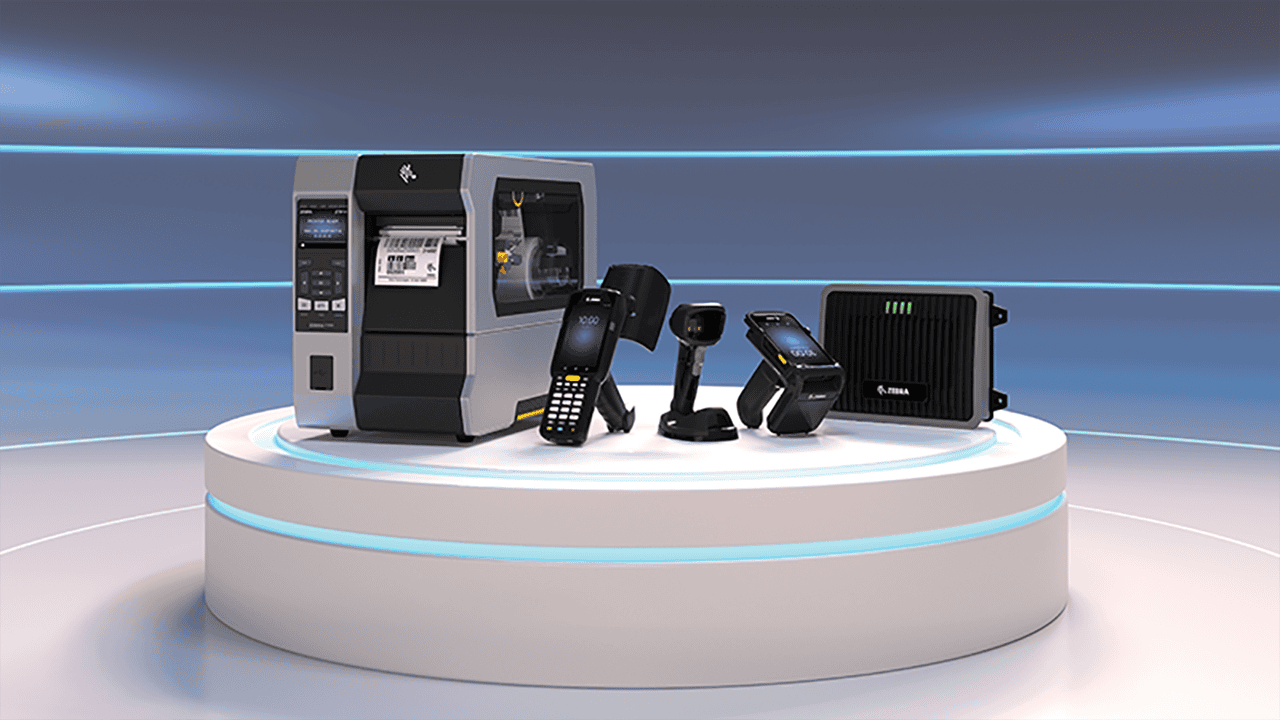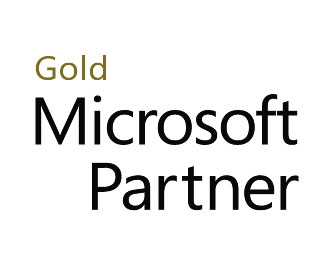The medical device industry will soon be facing the final deadline for the FDA’s new regulations requiring a UDI (unique device identifier) on most devices and related labels and packaging.
On September 24, 2020, Class I devices that are intended to be used more than once must bear a UDI on the device itself. Previously, as of September 24, 2018, a UDI was required for multi-use Class II medical devices as well as labels and packages for Class I and non-classified devices and software.
If you’re a manufacturer or producer of labels and packages for these covered devices, you’ll need to be compliant to sell in the U.S. market.
This means you’ll need a systematic approach to UDI compliance with reliable labeling hardware and supplies to label your products and packaging. You’ll also need to ensure your labels are readable and scannable throughout your products’ safe and appropriate use and disposal.
A UDI is a unique numeric or alphanumeric code that consists of 1) a device identifier (DI), or a mandatory, fixed portion of a UDI that identifies the labeler and the specific version or model of a device; and 2) a production identifier (PI), or a conditional, variable portion of a UDI that identifies one or more of the following pieces of information when included on the label of a device:
- The lot or batch number within which a device was manufactured
- The serial number of a specific device
- The expiration date of a specific device
- The date a specific device was manufactured
- The distinct identification code for a human cell, tissue, or cellular and tissue-based product regulated as a device.
The UDI labeling should be both in a human-readable format and in AutoID format, and this information must be applied by default on each device’s label. Also, since the UDI system includes the FDA-created Global Unique Device Identification Database, there is a standard set of basic identifying elements that are required for each device. For example, labels will now require an international date format (YYYY-MM-DD).
You can learn more about the FDA’s UDI regulations here and its labeling requirements here.
You can also learn more about UDIs, compliance requirements, and the potential benefits for your business by downloading our free white paper: Everything You Need to Know About the FDA UDI Rule.
If you need help and advice on designing and deploying a UDI system for your covered devices, you can contact our team at Lowry Solutions for professional expertise. We’ve been working with our labeling technology partners at Zebra to update and roll out new UDI systems for many of our customers.
Zebra’s UDI labels are the industry’s best thermal labels for medical device applications for several key reasons:
- Zebra labels apply directly, flawlessly and reliably to medical devices or their packaging. They also withstand sterilization and cleaning agents used in healthcare environments.
- Zebra’s label production is ISO 9001:2008 certified and uses consistent processes and materials with no substitutions.
- All Zebra UDI labels are pre-tested for print quality, chemical resistance, adhesive strength, and printer wear. Zebra labels are also UL 969 and IEC 60601-1 certified.
- Zebra is one of the largest thermal label converters in North America. It also uses inks, varnishes, tooling, equipment and inspection techniques specifically suited for the thermal label material requirements.
To learn more about Zebra UDI labeling solutions and get a professional UDI compliance consultation from our medical device labeling experts, contact us at Lowry Solutions now.








